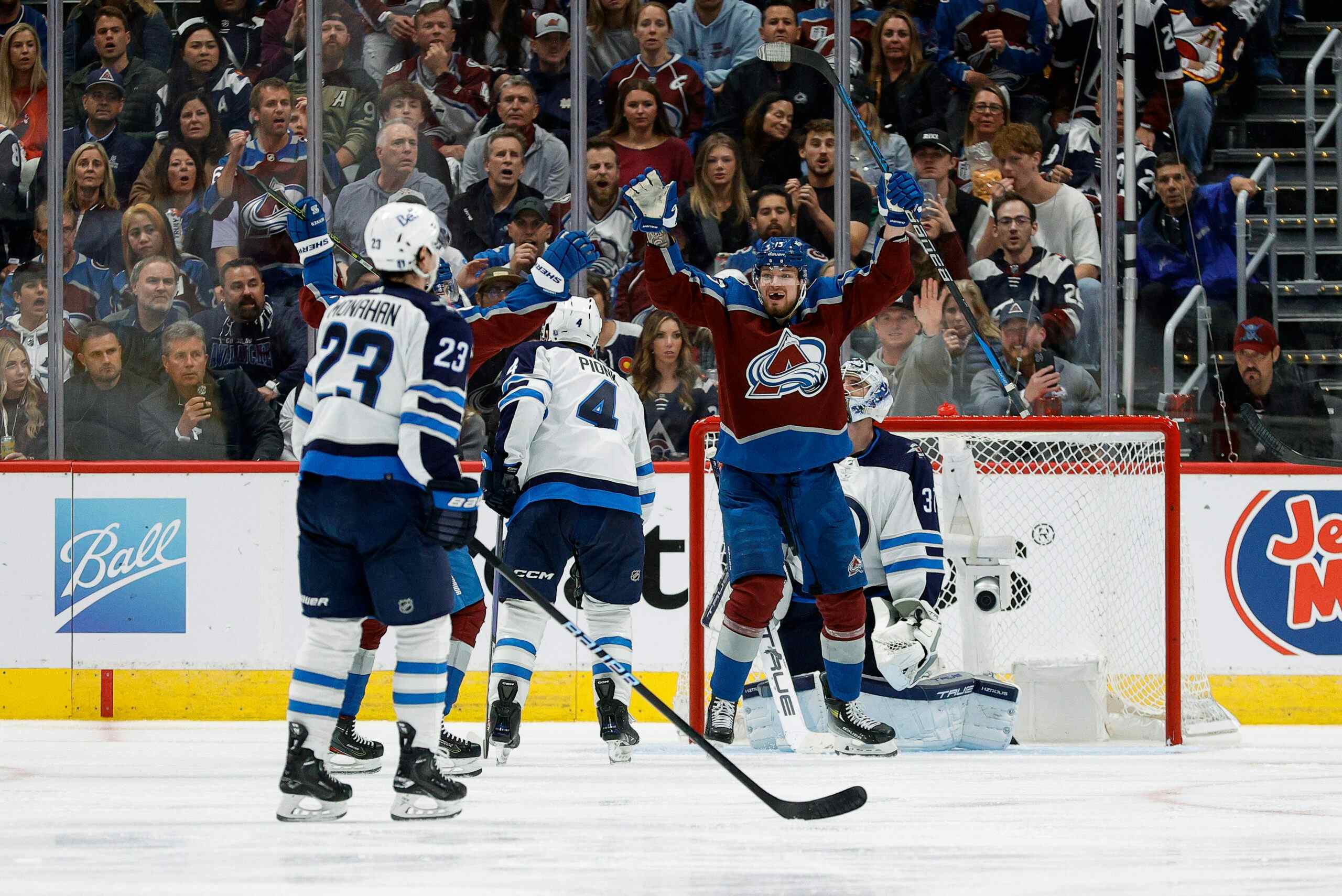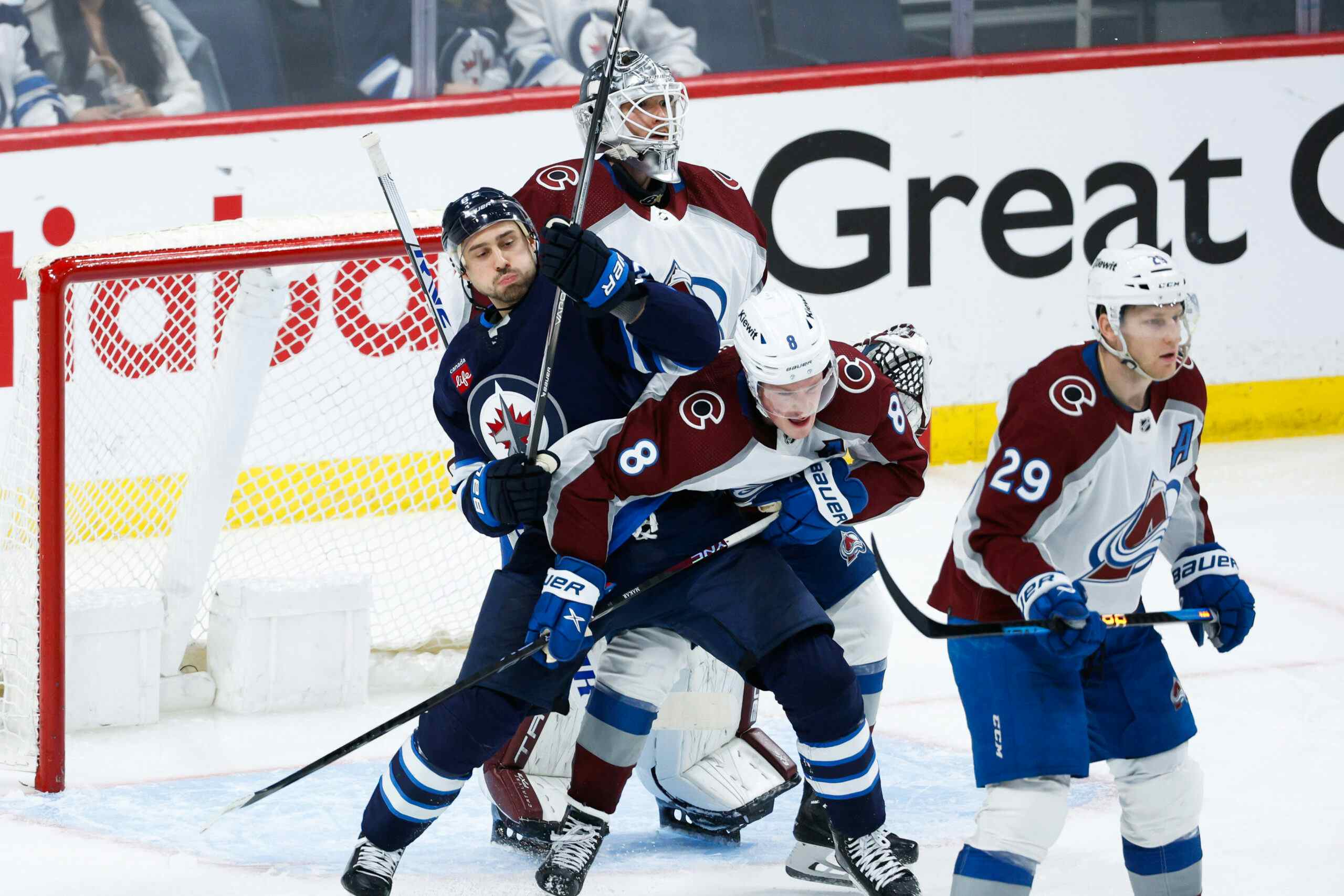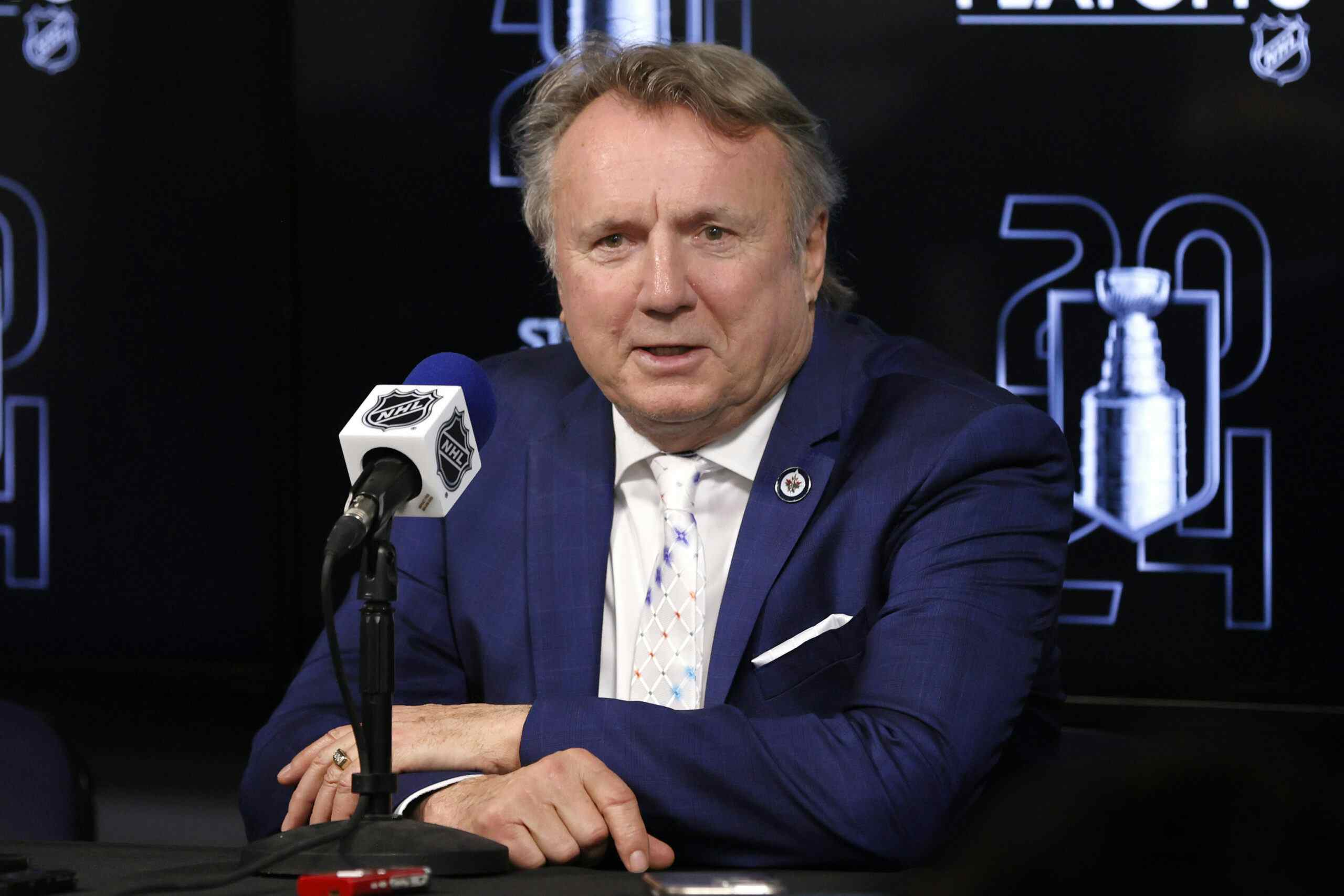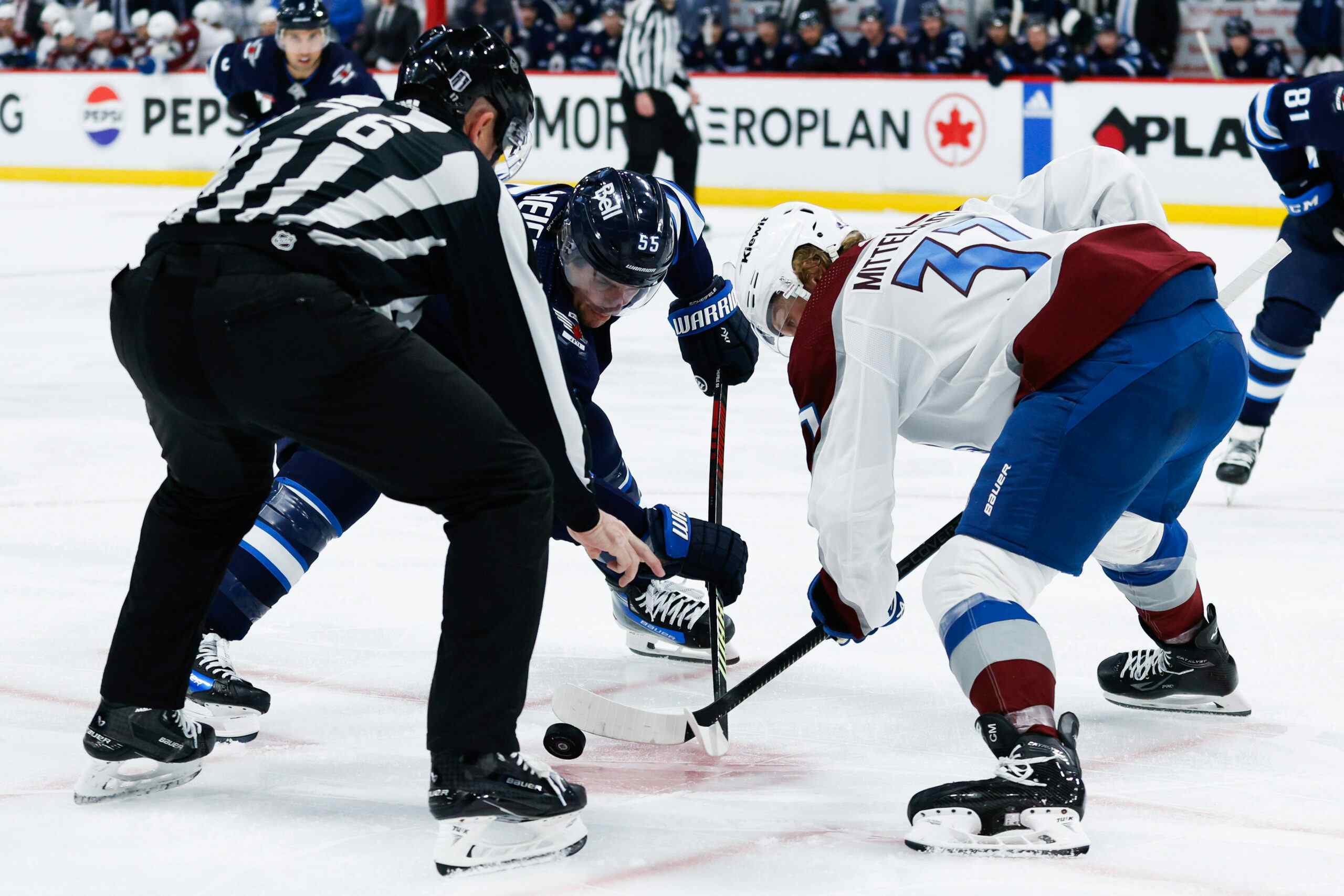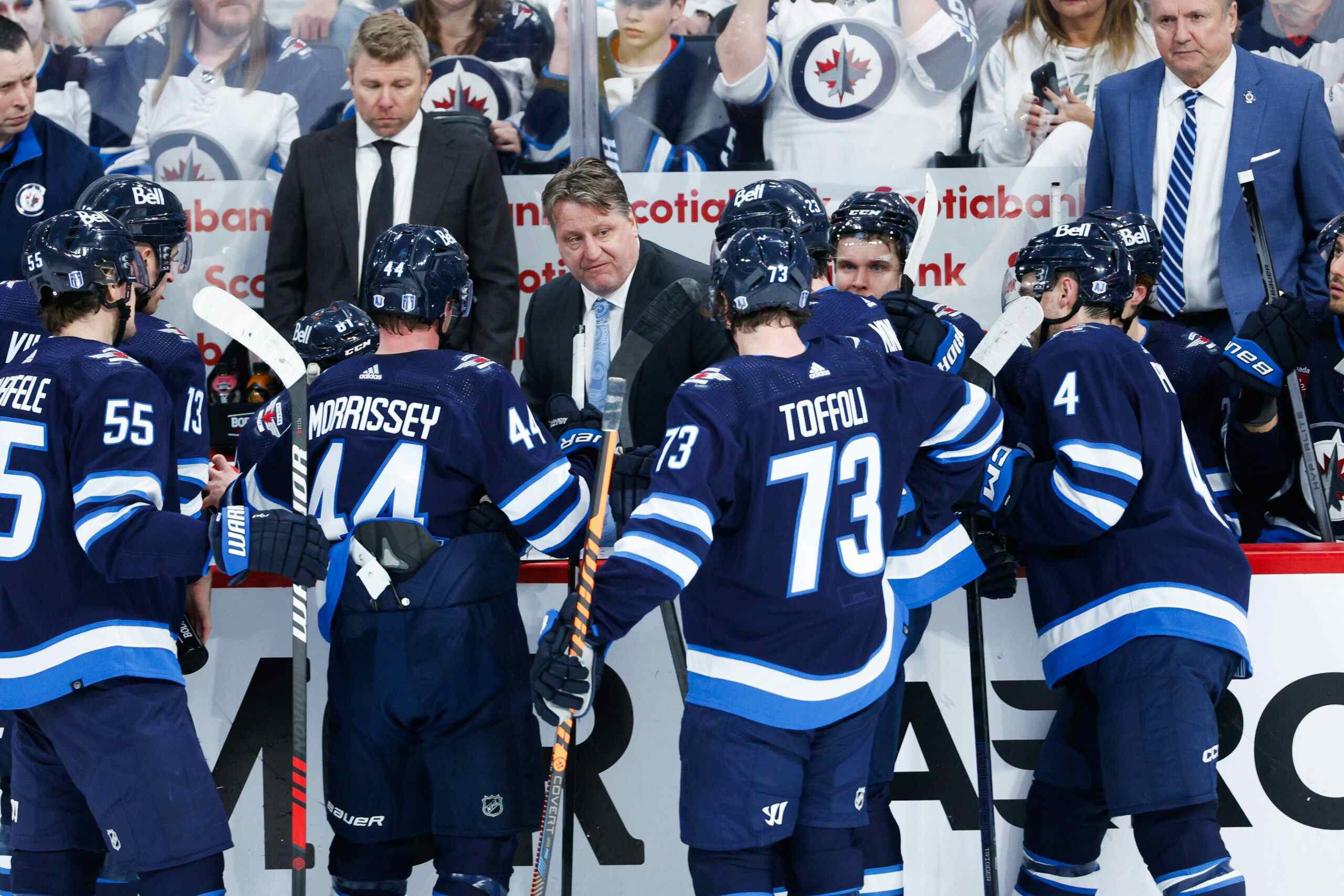Athletes didn’t drag politics into sport – it was already there
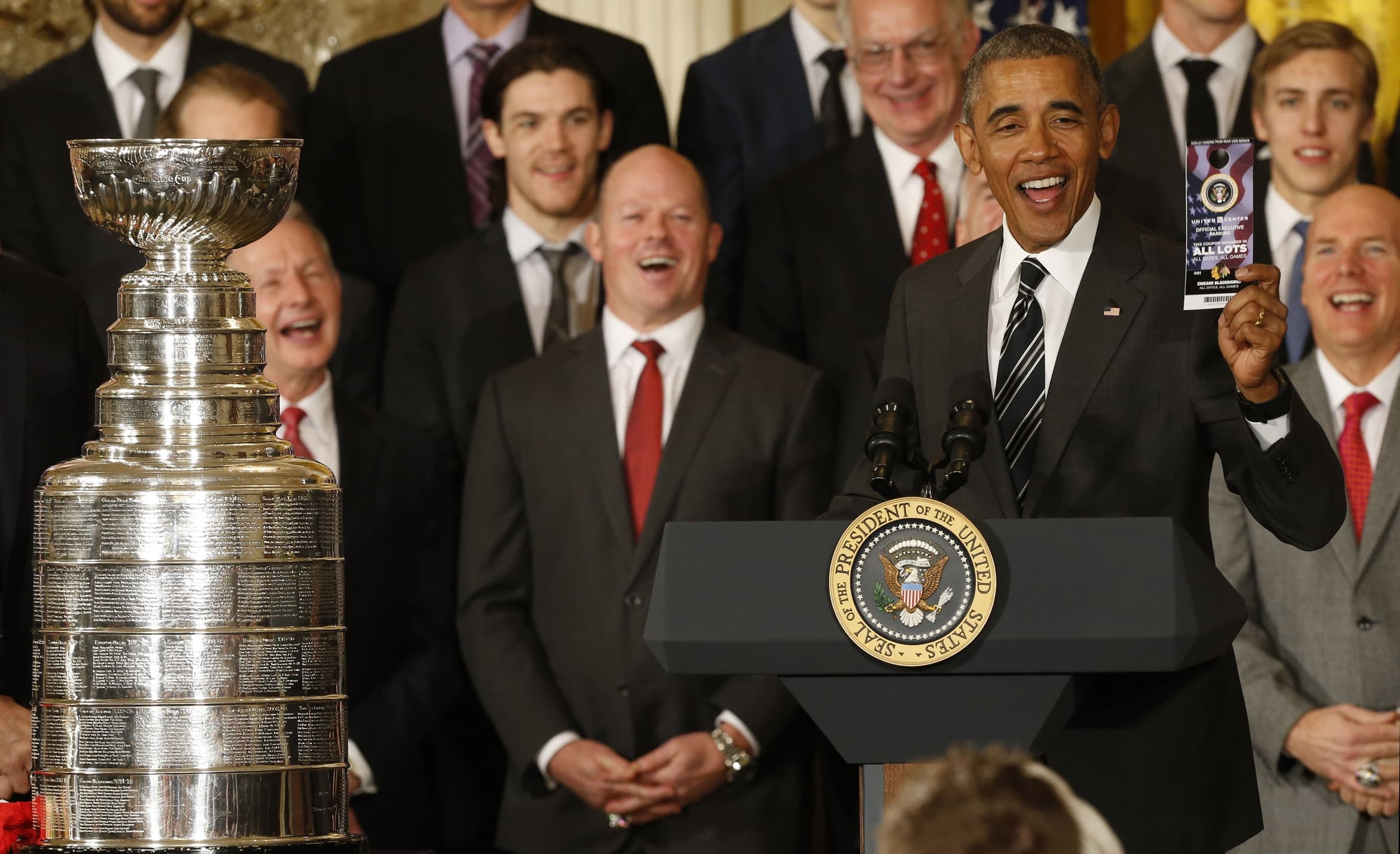
The Pittsburgh Penguins found themselves in an untenable position this week.
The 2017 Stanley Cup champions had a choice to make. They could tour the White House and meet the President of the United States, as previous winners have done, thereby enraging his many vocal detractors. Alternatively, they could skip the event, provoking the same anger at the other end of the political spectrum.
The choice faced by the Pens takes place within a larger debate about the place of politics within sports. Should professional athletes and sports teams use their formidable platforms to argue for political causes, or should they “stay in their lane” and stick to sports?
It’s a bad question, because it starts from a false assumption: that sports are inherently apolitical, and that athletes with particular views are bringing politics into sport. The reality is that the NHL and other professional leagues have long invited politics into their games, and that becomes apparent when we look at the recent flashpoints.
The visit to the White House is an obvious example. It’s a lot of things: a tradition, a status symbol for the league, a perk for the winning team and so on. Above all of those, it’s a publicity exercise. In exchange for the press that comes with visiting the President, the Stanley Cup champion agrees to act as a prop for whomever that happens to be at the moment.
The Pens did their best to downplay that truth in their public statement, which all but screamed that it wasn’t about politics; they were only doing it because it’s one of those things you do. That stance was immediately contradicted by the current President, who seized on the statement to reaffirm his legitimacy:
When that legitimacy is under attack — as it is for Donald Trump, as it was with Barack Obama, George W. Bush and Bill Clinton — just showing up is a political stance. That’s why Trump was so quick to seize on Pittsburgh’s announcement.
Teams and athletes aren’t bringing politics into sport when they decide to go, or not go, to the White House. Anything they do is political, and the situation is the fault of the league and past champions who were so eager to sign up for a photo opportunity with a politician.
The tradition is longer, and the politics less obvious, but the dynamic is similar when the national anthem is played prior to a sporting event.
There was a time the anthem wasn’t routinely played prior to sporting events. Rather, it became a pre-game tradition in wartime, with World War II generally acknowledged as the point where it became a staple. It never went away after that, and the specific rituals around it became a particular flashpoint during the Vietnam War — where it was used explicitly by the NFL as a way of showing support for that military effort.
The professional sports establishment has often used pregame ritual as a way of making political points — both of the genuine and paid variety. It is less than two years ago that an American senate report came out detailing a marketing campaign by the military which paid sports teams for militaristic and patriotic displays.
Professional sports leagues have long recognized their events as opportunities to make political statements, both out of firm belief and cynical self-interest. Sport isn’t some apolitical zone suddenly thrown into chaos by radical players dragging their beliefs and causes into the mix. Instead, it’s a political venue in which individual players are realizing they don’t have to go along with the status quo preferred by their teams or leagues.
Don’t believe me? As a thought exercise, imagine a world where pro sports teams didn’t visit the White House, one without pregame rituals featuring flags and anthems. There’s no opportunity within such a sport for an athlete to make political statements. He could still talk to reporters or hold events advocating for his particular cause, but those things would happen outside of the actual games.
The point here is not to advocate for that change. It’s simply to say that sporting events are already inherently political. If people really don’t want to hear what athletes think about politics, the simplest solution is probably to stop putting them in politicized situations and expecting them to just go along with them.
***Note that this article is posted across the Nation Network and that comments are an open forum***
Recent articles from Jonathan Willis

